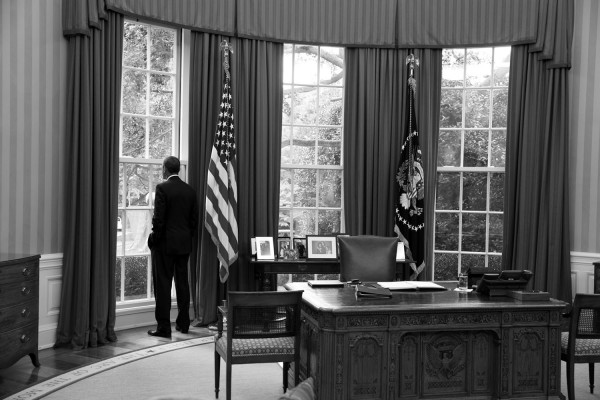
By DYLAN REILLY
Staff Writer
Published: January 30, 2014
As the media’s interest in global terrorism narrows on Russia in anticipation of the 2014 Winter Olympics in Sochi, other ongoing conflicts, such as the civil war in Syria, have taken a backseat. One of the lesser-known conflicts that made headlines recently is the Boko Haram insurgency in Northern Nigeria.
Active since 2009, this Islamist group, whose name loosely means “Western education is evil” in the Hausa language, wants to establish a fundamentalist interpretation of sharia law throughout Nigeria. Last year in November, the U.S. government designated the group as a terrorist organization, and at the end of December of last year, 12 Christians were killed in neighboring villages by Boko Haram. On Jan. 19, nearly two dozen more people were killed in Nigeria’s Borno State, adding to a death toll estimated at 10,000.
The Nigerian military has been unsuccessful at defeating or containing them, and the African Union’s forces would likely be overextended in dealing with another conflict. Not to mention, Western public opinion would be hostile towards foreign war in the wake of conflicts in Iraq and Afghanistan. I do not believe military intervention, by the United States or other powers, can be effectively applied or achieve a lasting settlement in Nigeria without addressing the underlying tensions.
A brief overview of Nigerian demographics is helpful in understanding exactly what sorts of conditions are contributory to violence and instability. Movements like Boko Haram thrive in such conditions and can exploit dissatisfaction and anger with society to further their violent agenda. According to the CIA World Factbook, the median age in Nigeria is 17.9, indicating a very large youth population. Estimates vary by single digits, but Nigeria’s religious makeup is approximately half Christian (mostly in the southern region) and half Muslim (mostly in the northern region), not unlike the recently partitioned Sudan. The Factbook also states that an estimated 70 percent of the population lives under the poverty line with an unemployment rate of 23.9 percent. Stability is historically difficult to attain and maintain in pluralist societies and is improbable when coupled with such poor economic conditions and a large population of unemployed young men.
I can only speculate what an American military intervention would look like in Sub-Saharan Africa: the landlocked northern states of Nigeria are Boko Haram’s political and religious strongholds and the borders of West African nations are porous at best, which would render attempts at isolating the insurgency from potential foreign support and refuge somewhat futile. The local Muslim population would likely be unsupportive, and furthermore, a Western intervention might more or less vindicate Boko Haram in their eyes, as it would transform the conflict from one against Boko Haram to one against heathen or anti-Muslim foreigners. This reaction would give Boko Haram insurgents more ammunition and would motivate more people to join their crusade to diminish Western influence in Nigeria, especially if they get no objection from Northern Muslims.
Nigeria’s large youth population and high unemployment rate ensure the insurgents would maintain a steady supply of manpower while public outrage at any number of U.S. casualties would likely force a fast exit from Africa, as it happened with Somalia in 1993 (and dramatized in the famous film “Black Hawk Down”), when a failed attempt to capture the Somali capital, Mogadishu, first forced the U.S. and then the United Nations to withdraw their troops from the country. This situation further proves that U.S. or foreign intervention would only result in unnecessary conflict and resentment against foreign powers.
Providing and increasing military support, which is referred to as “foreign military financing” by the U.S. State Department, is another option but does nothing to address the poverty and unemployment rates or the demographic pressures of religion and youth, all of which fuel the conflict. The United States already sends such aid to Nigeria, which Transparency International gives a corruption index score of 25 out of 100 (on a scale where 0 is perceived as highly corrupt and 100 as very clean). The number of funds that are actually put to use will be in the hands of national armed forces facing more or less the same logistical problems we would.
Escalation of violence due to Western intervention is no guarantee of the desired outcome. Nigeria must address the severe disparity between economic growth and economic opportunity if it wishes to achieve stability and eradicate its internal security threats.
